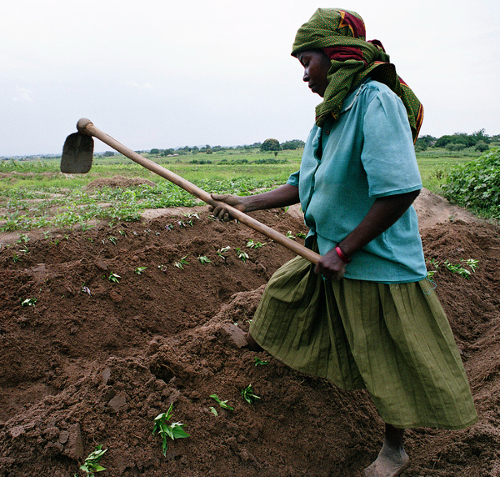Esri, Microsoft crop-type mapping for Africa
- November 29, 2022
- William Payne

Microsoft and location intelligence specialist Esri are collaborating to develop new precision agriculture technologies to support sustainable agriculture in Africa. The two companies are aiming to address the disproportionate effect that climate change is having on growers in Africa, affecting already struggling agricultural productivity. Together the two companies will develop technology solutions to enable non-profit and government organisations on the continent to perform crop-type mapping at scale to improve agricultural management.
Across the African continent, there is a need to improve agricultural productivity. Improved understanding of the current agricultural landscape, close monitoring of crop conditions throughout the growing season, and mitigation of climate change impacts can contribute to better production and food security. Crop patterns and health can be identified, extracted, and monitored seasonally by combining Esri’s geospatial artificial intelligence (GeoAI) capabilities, satellite imagery, as well as Microsoft’s infrastructure and AI devices.
Having data related to water, fertiliser, and seed use accessible at the right time will help enable more sustainable agricultural practices and improve crop yield forecasts. Stakeholders can derive insights from the data through intuitive visualisations, applications, and dashboards to make better-informed business and policy decisions.
To provide government agencies in Africa with geospatial tools in support of sustainable agriculture development, Esri recently launched the Geospatial Programme for Agriculture in Africa.
“Microsoft and Esri have a long history of working together, including a recent initiative to create global land-cover maps through the Planetary Computer Program, featuring a catalogue of global environmental data from Esri’s ArcGIS Living Atlas of the World,” said Richard Budden, Esri’s deputy general manager for the Middle East, Africa, and Central Asia. “We are excited to now extend that collaboration to support sustainable agriculture development in Africa.”





